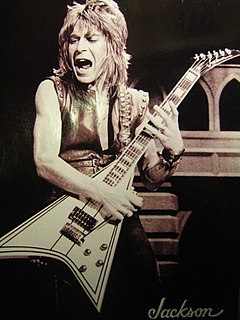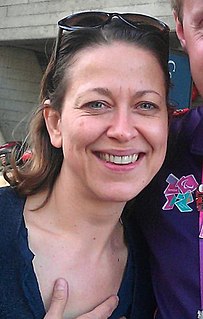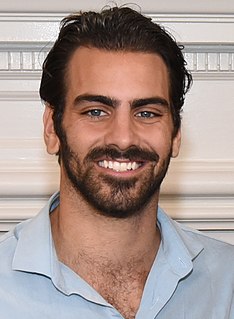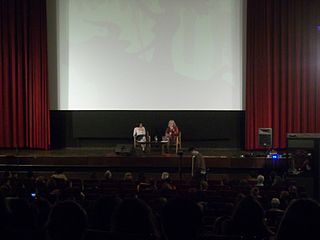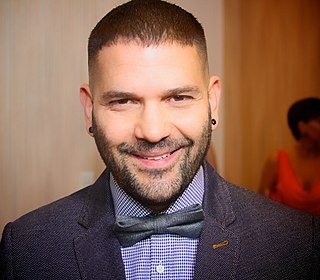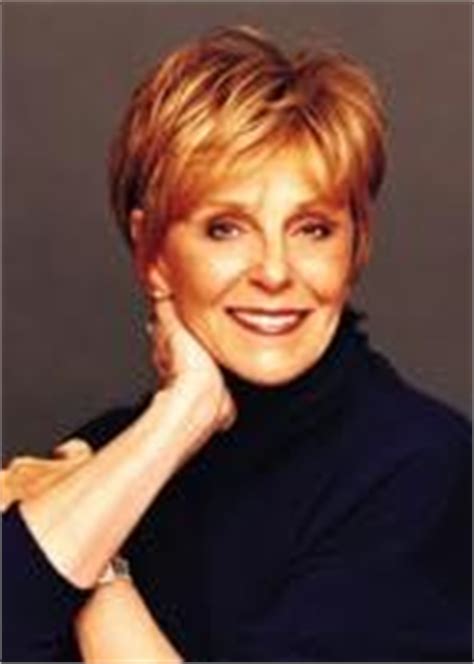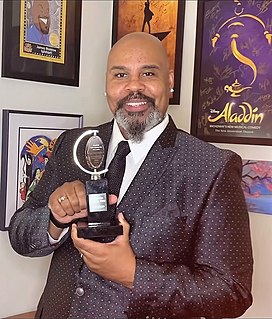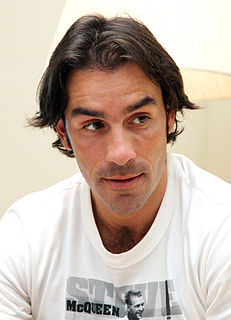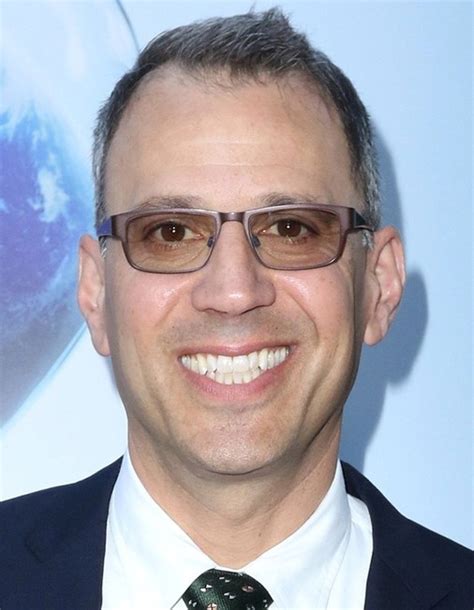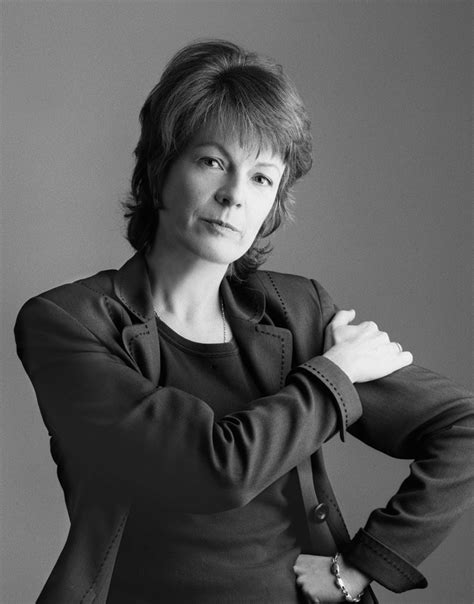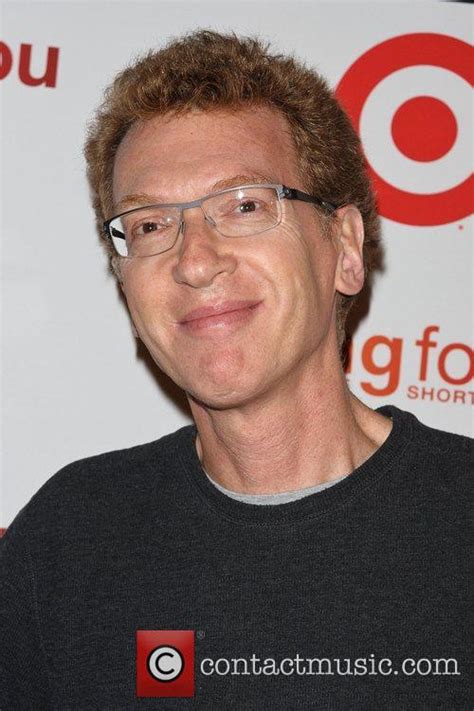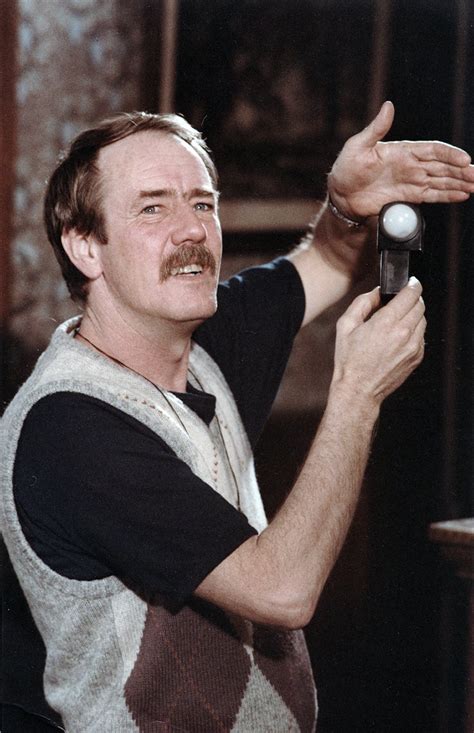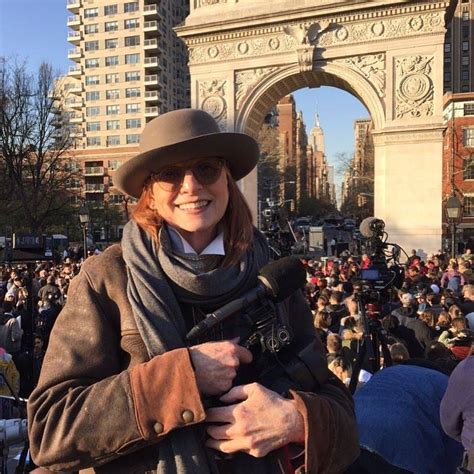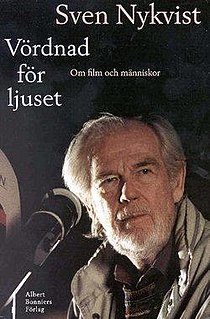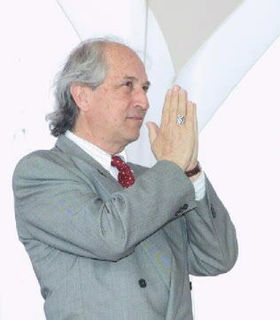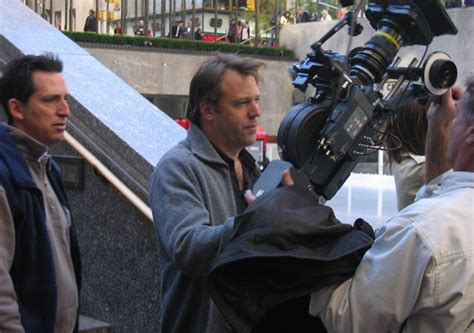A Quote by Babette Mangolte
When the cinematography school told me I would have no chance to get a job, I said, "It's irrelevant." My mom was a feminist in the '20s. She taught me to be on my own, to be independent, to do what I wanted to do. I did not believe it would be difficult. It was difficult. In '66, I almost starved for a year and a half, and the only way I did not starve was because I could not find a job in camera, but I found a job in editing.
Related Quotes
Both of my parents are music teachers. My mother owns the school that I taught in. My brothers and sisters are musicans. My mom pushed me all the time. She knew that I could do it. She knew more than I did. She thought I would go somewhere. She gave me the job and helped me get equipment, which a lot of parents don't do. Alot of my students had to go out and fight for it.
I found myself at Cambridge, loved my course, and met these amazing people who got me heavily involved. I presumed I would have to go to drama school, but I did a play with my uni friends, who were doing lots of pub theatre in London, and through that met my agent. She said 'Don't go to drama school. I'll get you a job' and two weeks later she did.
A friend, who's a psychologist, told me about a patient once: a woman who was well educated, had a good job, a house and a loving husband. "I did everything right in my life," said the woman. "But I'm still not happy." She never did what she herself wanted, but what she believed society expected from her.
She had always told herself that she did hti job because she wanted to help others; afterall, hadn't Maurice told her once that the most important question any individual could ask was, "How might I serve?" If her response to that question had been pure, surely she would have coninued with the calling to be a nurse.... But that role hadn't been quite enough for her. She would have missed the excitement, the thrill when she embarked on the work of collecting clues to support a case.
(...)Did she really tell Roddy Carstairs she could outshoot him with his own pistol?" "No," Jason said dryly. "She told him that if he made one more improper advance to her, she would shoot him- and if she missed, she would turn Wolf loose on him. And if Wolf didn't finish the job, she had every faith I would." Jason chuckled and shook his head. "It's the first time I've been nominated for the role of hero. I was a little crushed, however, to be second choice after the dog.
I keep "leave me alone, I'm busy " pretending to work sign with me because my dad once told me to find a job that you would do for free and I would do this job for free. But I would be a performer for free because that's all I've ever loved to do. I've worked so hard to get to the point where work doesn't feel like work. So when I come to work, I'm actually coming to play - I'm coming to recess. So, when you see me, leave me alone, I'm busy ... pretending to work.
Her parents wanted her to find her own way in life. That’s what they’d said countless times in the past. Of course, they’d been referring to school subjects and college applications and job prospects. Presumably, at no stage did they factor living skeletons and magic underworlds into their considerations. If they had, their advice would probably have been very different.
At 15, I was playing with the C team at Reims and I wanted to leave. It's a difficult age for a kid - I wanted to go out with my mates, party... girls... that happens to everyone. Luckily, my mum told me: 'You don't know what you want, it's football - it's your dream and it could be a great job.' She was right.

